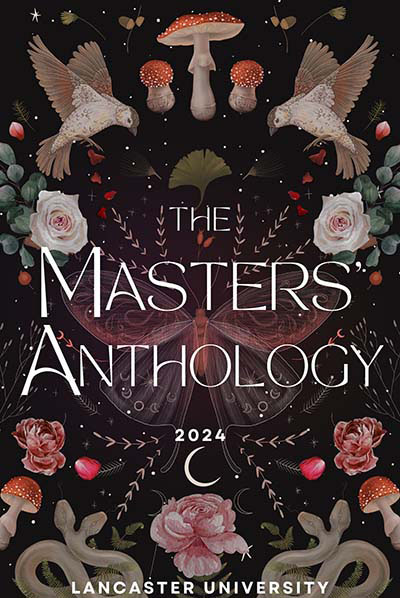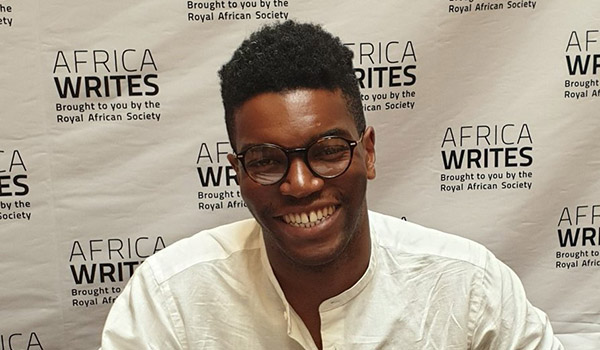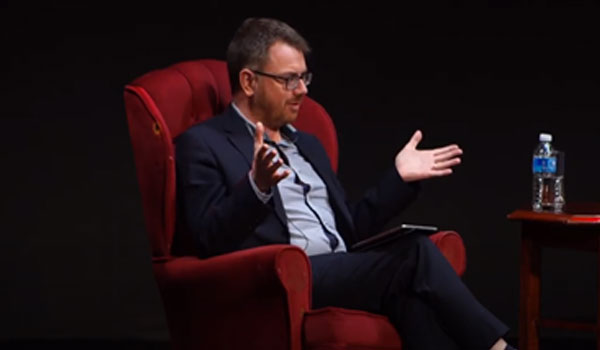Fees for postgraduate students can be found under the central 'Fees and Funding' web pages. This includes postgraduate taught fees (MA) and postgraduate research fees (PhD).
Entry requirements can be found under the programme information located on the programme 'course search'. Links to the programme information pages can also be found above.
For our MA programmes, we normally require you to have a strong result in your BA degree (a 2.1 or higher) which may or may not be in English Literature / Creative Writing. For applicants to our Creative Writing programmes, we are normally able to take into account any relevant professional experience you have (for example, work as an editor) and publication or performance credits. For all our MAs we ask you to submit a sample of your writing.
English Language Requirements- We may ask you to provide a recognised English language qualification, dependent upon your nationality and where you have studied previously. If you need further advice on this we ask you to contact the admissions team.
Our MA programmes officially start on 1st October each year and finish the following year on 30th September. However, teaching is undertaken during the standard University term dates.
PhD students may commence their studies on either 1st October, 1st January or 1st April each year and are expected to undertake research and supervisions all year round, taking annual leave when required.
The MA programmes are 1 year full-time or 2 years part-time – they cannot be completed in a shorter time period.
The PhD programmes are 4 years full-time or 6 years part-time. There is a degree of flexibility in the amount of time an individual may take to complete the programme; this should be discussed with your supervisor.
MA students take four 20-credit modules (two in each of the first two terms) plus a 10-credit Research Methods module appropriate to their course. In the third term, you will work on a Creative Writing portfolio or English Literature dissertation (depending on your degree programme) with regular meetings with a supervisor.
Part-time students will take the same number of modules, but spread over two years. You can view a list of the available modules on the programme information located on the programme 'course search', we cannot guarantee that all modules are available each year.
This greatly depends on your programme of study!
- Campus-based MA students should expect to be on campus 2-3 days per week.
- Creative Writing Distance-learning MA students are only required to attend a 6-day residential (on-campus) towards the end of their first year.
- English Literary Research MA students are required to attend campus for one Research Methodology seminar a fortnight. A distance learning version of this programme is available but must be discussed with your potential supervisor in advance.
- PhD students – this is entirely flexible, however, students who hold a Student Route visa must attend supervisions in person, on campus, at least once per month.
Writing samples/portfolio requirements are listed as part of the entry requirements under ‘additional requirements’.
Creative Writing
To apply for the MA Creative Writing programmes, you should include a portfolio of original writing (no more than 12 poems or 20 pages of prose/scriptwriting) showing potential for publication. If you are applying for the Independent Project MA, your writing sample should be closely linked to the project you propose to work on during your programme.
In addition, if you are applying for the Distance Learning or Independent Project MA you must submit a short (300-400 words) project proposal. This should outline clearly what you want to work on during the programme. This could be a collection of short stories, poems, a script, extracts from a longer fiction, creative non-fiction, or life writing project.
Applications to the PhD programme require a viable research proposal as well as a portfolio of original writing (no more than 15 poems or 30 pages of prose) showing potential for publication. For more information please visit our Guidance for English Literature and Creative Writing PhD candidates.
English Literature
To apply for the MA English Literature programmes you should include a 2000-3000-word literary essay as your sample of work.
In addition to this for the MA Literary Research programme, you are required to submit an outline of your potential research (up to 500-words).
Applications to the PhD programme require a viable research proposal as well as a sample of written work, e.g. an essay or dissertation chapter of approximately 3000-5000 words. Guidance on how to write an English Literature research proposal can be found at Guidance for English Literature and Creative Writing PhD candidates.
There is an MA in Creative Writing you can take entirely by distance learning. It is also possible to take the MA in English Literary Research via distance learning. No other MA programmes are available via distance learning.
PhD students may also study by distance learning, communicating with their supervisors through video conferencing, telephone, email and via our Moodle.
We have published some detailed guidelines for prospective PhD applicants in English and Creative Writing. You should follow these as closely as you can. You can send a draft proposal to a member of the department to gauge their interest and availability for supervision prior to making an official application to the university, but we can’t give extended feedback on multiple proposal drafts.
We warmly welcome applications from those who feel they meet our entry requirements. If you are unsure we advise you seek guidance from our Admissions Team.
Yes, as part of the application process, we require two references. At least one of these must normally be an academic reference, however, professional references that are linked directly to your writing or research interests will also be considered. We do not accept personal and/or character references.






.jpg)


.jpg)
.jpg)
.jpg)




